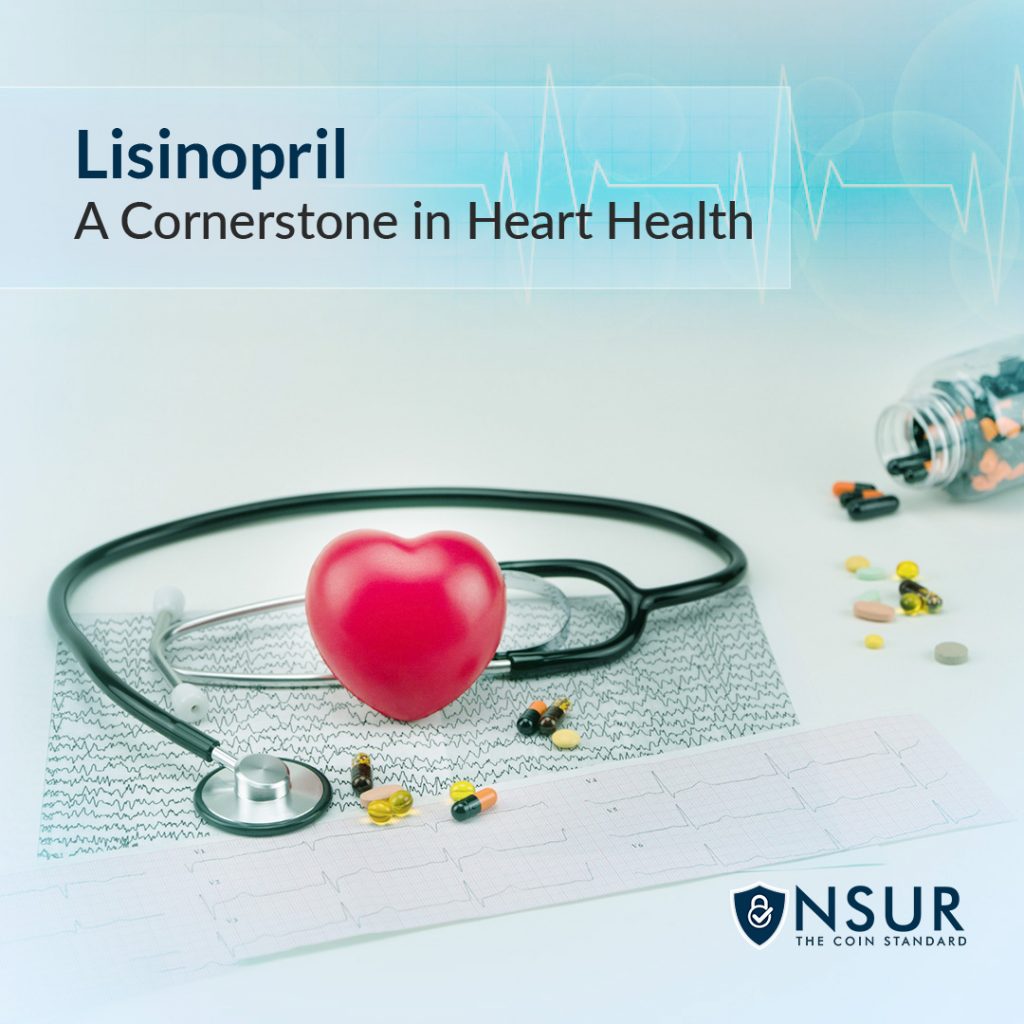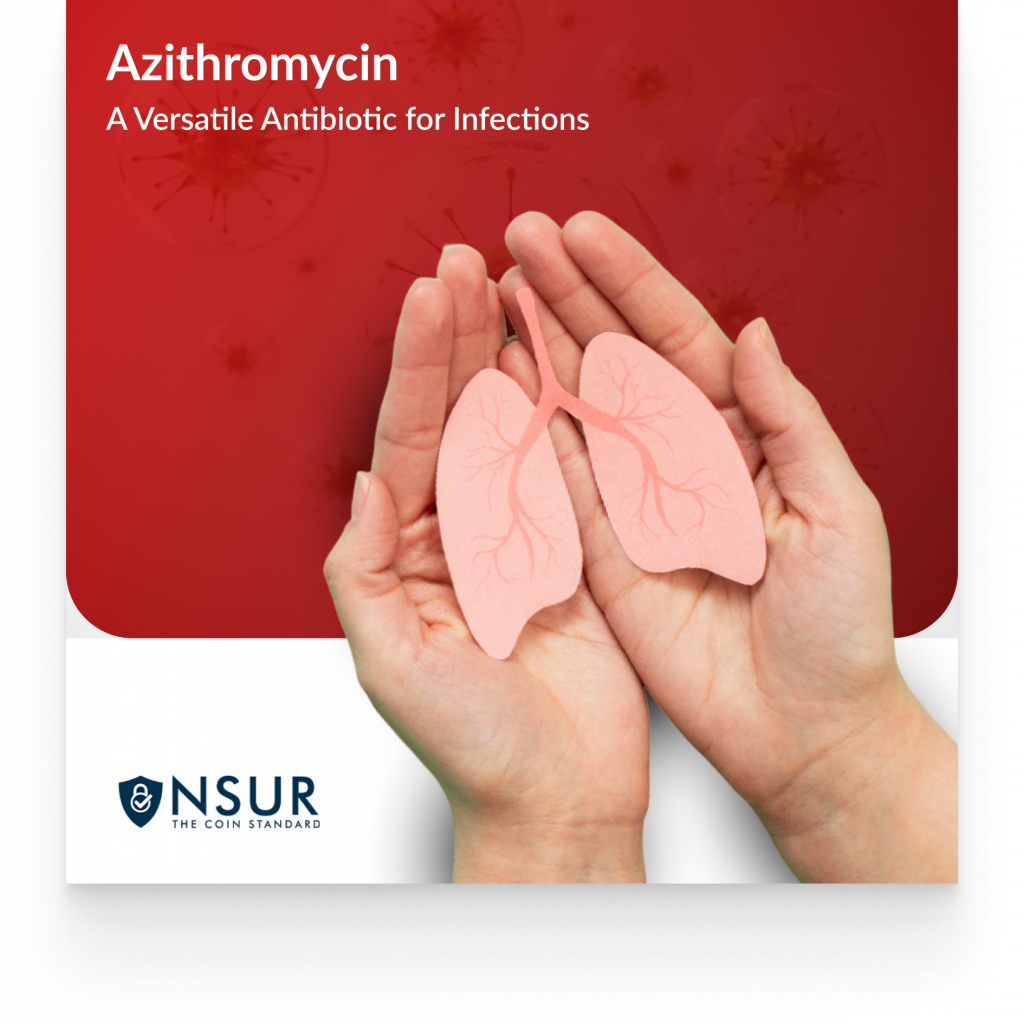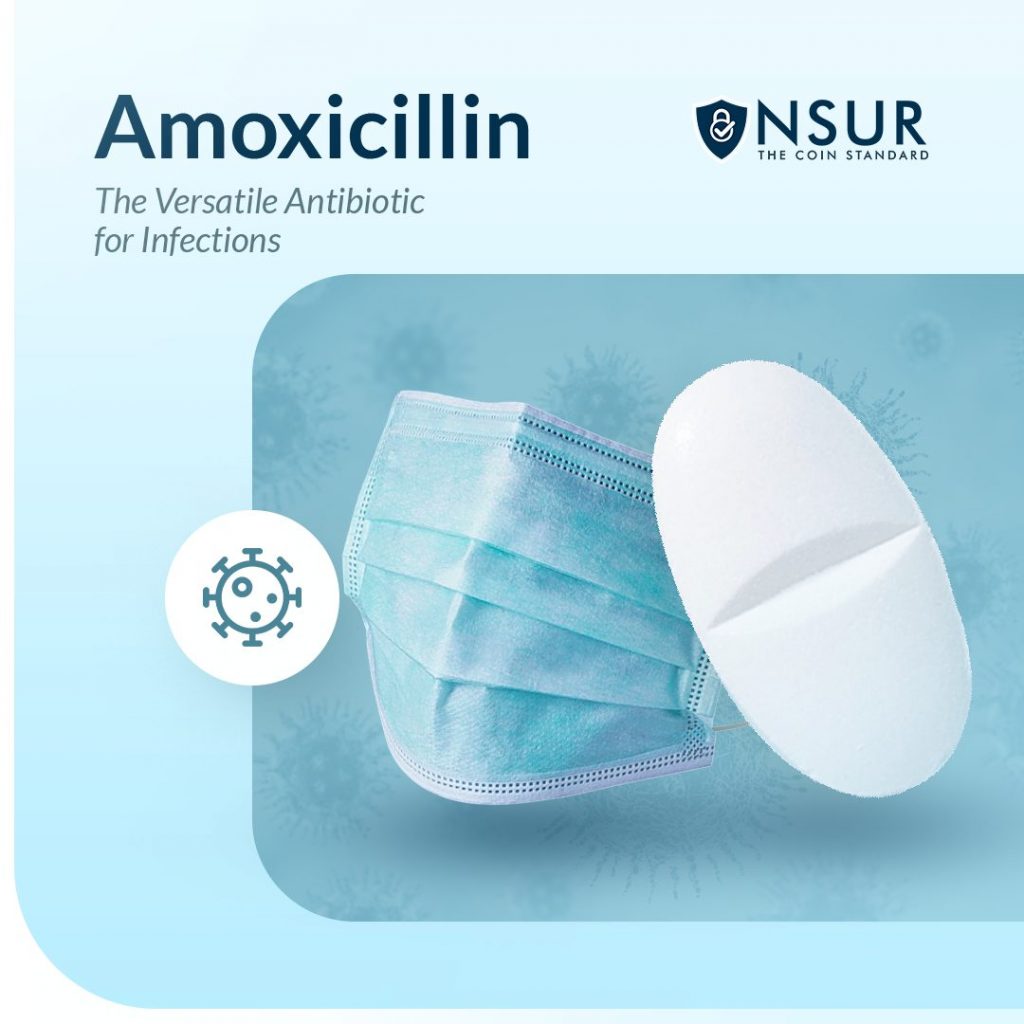
Heart health is at the forefront of medical concerns worldwide. Cardiovascular diseases, including high blood pressure and heart failure, can lead to significant morbidity and mortality. As the medical community strives for optimal therapeutic regimens, one drug, in particular, has emerged as a cornerstone in managing heart health – Lisinopril.
Understanding Lisinopril
Lisinopril belongs to a class of drugs called angiotensin-converting enzyme (ACE) inhibitors. These drugs work by relaxing blood vessels, promoting smoother blood flow, and thereby helping reduce blood pressure1. Given the importance of blood pressure control in heart health, Lisinopril’s role is crucial.
Uses in Heart Health
- Hypertension: Lisinopril is often a first-line therapy for treating high blood pressure. It aids in lowering blood pressure by preventing the conversion of angiotensin I to its active form, angiotensin II. This ensures blood vessels remain dilated and less resistant, allowing for easier blood flow2.
- Heart Failure: It’s not just about blood pressure. Lisinopril has proven effective in treating heart failure, where the heart can’t pump blood as well as it should. This medicine can increase survival rates and reduce hospitalization for heart failure patients3.
- After a Heart Attack: For patients who’ve suffered a heart attack, Lisinopril can be a lifeline. It aids in improving how well the heart pumps blood and can contribute to prolonged survival after an acute myocardial infarction4.
Benefits Beyond the Heart
Beyond the direct heart health benefits, Lisinopril also offers kidney protective effects, especially for diabetic patients. By controlling blood pressure and reducing proteinuria (protein in urine), it can slow down the progression of kidney diseases5.
What You Need to Know
Like any medication, Lisinopril isn’t without its potential side effects. Some common ones include cough, dizziness, and increased blood potassium levels. It’s essential to discuss any concerns with your doctor and monitor any unusual symptoms when starting the medication.
Pregnant individuals or those planning to become pregnant should avoid Lisinopril due to potential harm to the fetus6. Always inform your healthcare provider of your medical history, and other medications you’re on, to avoid drug interactions.
Take advantage of NSURx for your prescription drugs!
With the NSURx Prescription Benefit Card, you can save money on your medications at more than 35,000 pharmacies across the United States.
You can save up to 80% on your medication by using an NSURx card. Hundreds of dollars in savings could be yours every time you fill out your prescription.
The more you shop with NSURx, the more NSUR Coins you will receive as a reward.
In Conclusion
Lisinopril has established its place as a cornerstone in heart health. From treating hypertension to improving outcomes post-heart attack, its benefits are manifold. However, like all drugs, it’s crucial to take it under medical guidance and monitor for any potential side effects.
As we advance in the realm of medical science, it’s heartening (pun intended!) to have drugs like Lisinopril in our arsenal. Here’s to stronger, healthier hearts worldwide!
- ACE Inhibitors: MedlinePlus ↩
- Lisinopril: Uses, Dosage, Side Effects & Warnings – Drugs.com ↩
- Heart Failure Medications – American Heart Association ↩
- Post-MI medication – Mayo Clinic ↩
- ACE Inhibitors and Protection Against Kidney Disease Progression – National Kidney Foundation ↩
- Lisinopril – FDA ↩
Disclaimer
This blog post is intended for informational purposes only and should not be considered a substitute for professional medical advice. Always consult with a qualified healthcare provider for personalized recommendations and guidance.











